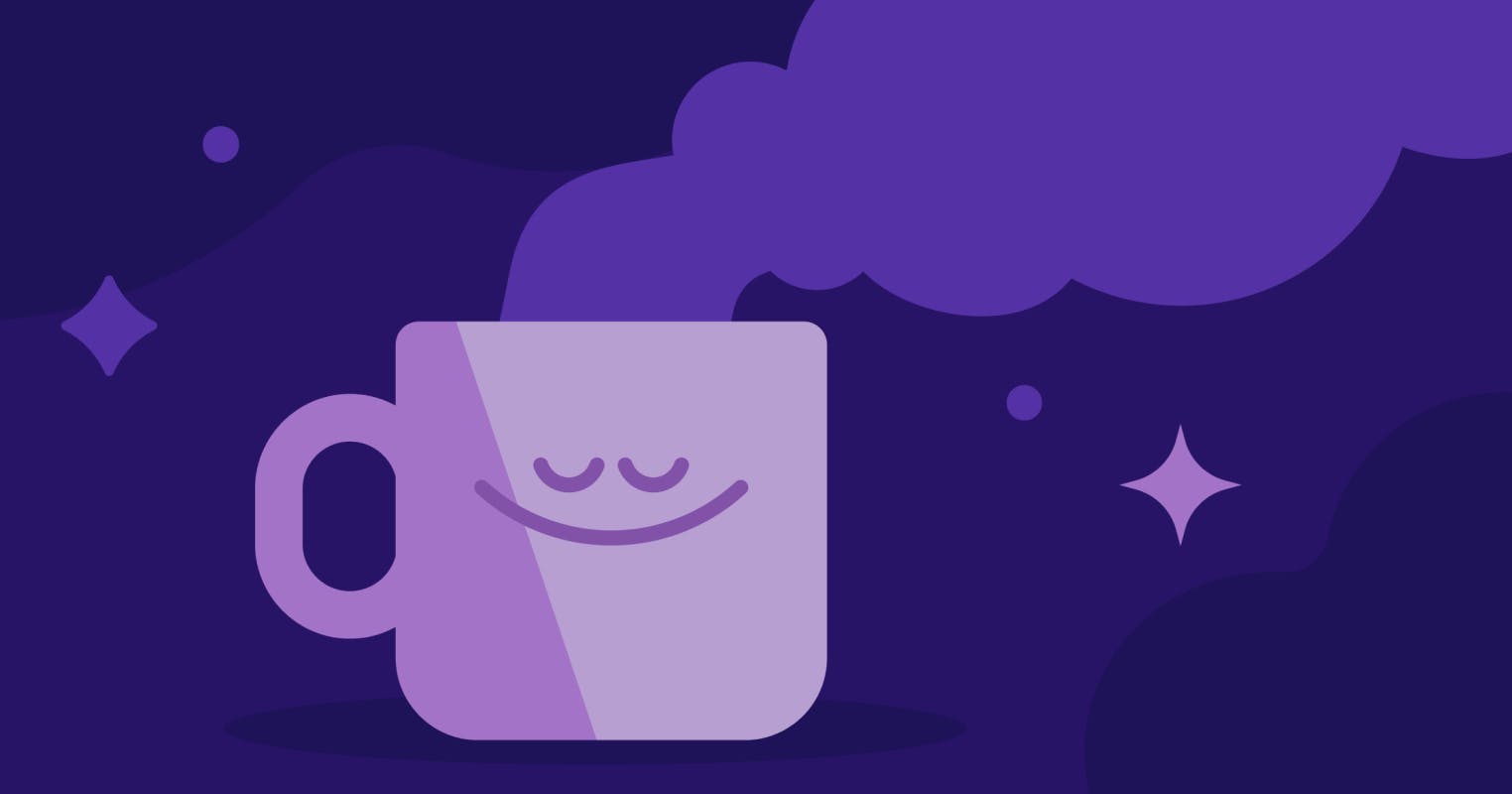How can I become a morning person?
By Your Headspace Mindfulness & Meditation Experts
Apr 22, 2021
Most of us know whether we are a morning person or a night owl, or fall somewhere in between. Each of us has an internal clock — also known as our circadian rhythm — that naturally determines when we feel the most awake and most tired.
In 2009, neuroscientists found that morning people’s brains were most excited at 9 am, and evening people’s brains were most excited at 9 pm. It’s simply the way we're wired.
To preface, there is absolutely nothing wrong with honoring your night owl tendencies — there are studies that show the benefits of this, too. However, a new job, life event, or partner might bring a change in your routine, or maybe you simply have a yearning to make more use of your mornings.
Ready to get better sleep?
Start your free trial
Put your mind to bed
Learn how to create the conditions for a restful night's sleep in the first part of this 10-day meditation course.
Benefits of becoming a morning person
To preface, there is absolutely nothing wrong with honoring your night owl tendencies — there are studies that show the benefits of this, too. However, a new job, life event, or partner might bring a change in your routine, or maybe you simply have a yearning to make more use of your mornings.
If your daily routine requires you to be the most alert between 9 am and 5 pm, being a morning person can play an integral part in your ability to concentrate, have faster reaction times, be more agreeable, and have an overall improved conscientiousness than a night owl.
What’s more, a 2014 study found that morning people who exposed themselves to 20 minutes of sunlight between 8 am and noon had a significantly lower body mass index than those who had light exposure later in the day. “If a person doesn’t get sufficient light at the appropriate time of day, it could de-synchronize your internal body clock, which is known to alter metabolism and lead to weight gain,” according to Phyllis C. Zee, M.D. at Northwestern University. And so, going for a morning walk can help you reach your health goals in more ways than getting your steps in.

What should you do if you’re not a morning person?
These 6 things might make it easier to become an early riser:
1. A shift in mindset.
"Depending on the kind of person that you are, early mornings will either be something to embrace or something to fear," says Headspace co-founder and former Buddhist monk, Andy Puddicombe.
"I think, whatever the case, there is a way of beginning the day in which we can more easily let go of the night before, where we can let go of any heaviness, any grogginess in the body and in the mind, so that we begin the day feeling fresher, clearer, brighter."
As Andy acknowledges, waking up early is at first going to feel like a chore. So your internal dialogue needs to change from I am not a morning person to I am becoming a morning person. This small thing will make a world of difference when that alarm clock goes off. You are preparing the mind for what will be a shock to the system. And then there are some practical steps you can take …
2. Consistent bedtime and wake up.
How the next day begins depends on how you prepare body and mind the night before, and this is why reviewing and rebuilding your nightly routine is important. Consistency matters because going to bed at the same time and waking up at the same time is key to shifting your sleep pattern.
As sleep expert Dr Britney Blair says, “If you consistently wake up at the same time every day using an external alarm, you may find that after a few weeks, your body will naturally wake you 10 to 20 minutes before your alarm sounds,” she says.
Aim for 7-8 hours of sleep per night. This means that if you currently go to bed at 12 am but want to start waking up at 6 am, you should close your eyes no later than 11 pm. Many people have trouble falling asleep; even more so if your internal clock is not used to winding down that early. Consider shutting off the light from your devices and trying Sleep by Headspace for sleep music, soundscapes, or sleepcasts that can help support decompression and create the feeling of a low-energy environment to help you get to bed earlier.
3. Eat dinner earlier.
Many night owls tend to have late dinners, which works for them because they are also going to sleep later. However if you’re experimenting with becoming a morning person, you’ll want to aim for an earlier dinner as well — a good three hours before lights out. You don’t want your digestive system working overtime when your body is meant to be resting and recharging.
4. Ditch the late-afternoon caffeine.
Everyone is different, but studies show how disruptive caffeine can be to sleep. Some people suggest that caffeine after 2 pm either keeps them awake or causes them to wake up in the middle of the night.
5. Keep your shades slightly open.
This trick can help rewire your internal clock and doesn’t require an alarm or a snooze button. If you leave your shades open, the natural light will enter your room as the sun comes up. The night owl in you might remember getting angry every morning that you forgot to close the shades the night before, but the determined morning person you're becomming may find it much more peaceful than your traditional alarm clock. While we’re at it, avoid hitting the snooze button on your alarm clock if you use one — snooze can get you into the mindset of avoidance versus excitement.
6. Create a morning routine.
So you’ve decided to wake up at 6:30 am, but what are you going to do with all of this extra time? Everyone’s morning routine is different. It’s important to find the steps that work for you and make you happy, now that you’ve decided to wake up earlier than you’re used to.
Some people love starting their day with a workout — like that mindful walk — while others enjoy journaling and a morning meditation. Short meditations, like the 3-minute Early Morning Meditation found in the Headspace app, offer an easy way to start the day with a simple visualization that can be done straight from bed. Perhaps you want to start a gratitude practice, or get in the kitchen and have time for a home-cooked breakfast. No matter what your routine looks like, it’s yours and it is what will get you out of bed in the morning. Build something that is sustainable, and experiment with what that looks like. Then, make it part of your daily ritual.
Learning to become a morning person and change your circadian rhythm might feel like an impossible feat, but with the right tools in place, it’s possible to become someone who wakes up early with no alarm at all. Build a routine that works for you and remember that waking up with the sunrise is a gift, not a chore.


Sleep made simple
- Find your perfect bedtime routine with hours of relaxing music, sounds, and stories to choose from
- Get more restful sleep with our Sleep Health course: exercises developed with leading sleep scientists
- Feel your best from morning to bedtime with access to hundreds of stress-relieving meditations


Stay in the loop
Be the first to get updates on our latest content, special offers, and new features.
By signing up, you’re agreeing to receive marketing emails from Headspace. You can unsubscribe at any time. For more details, check out our Privacy Policy.
- © 2025 Headspace Inc.
- Terms & conditions
- Privacy policy
- Consumer Health Data
- Your privacy choices
- CA Privacy Notice







